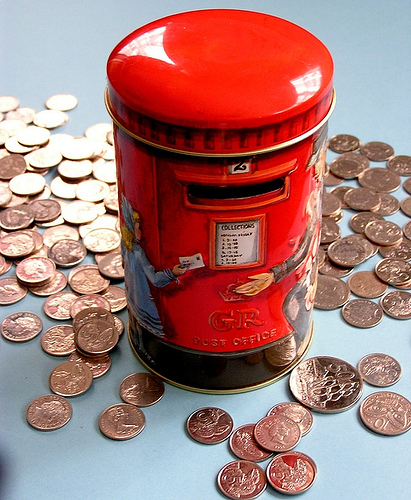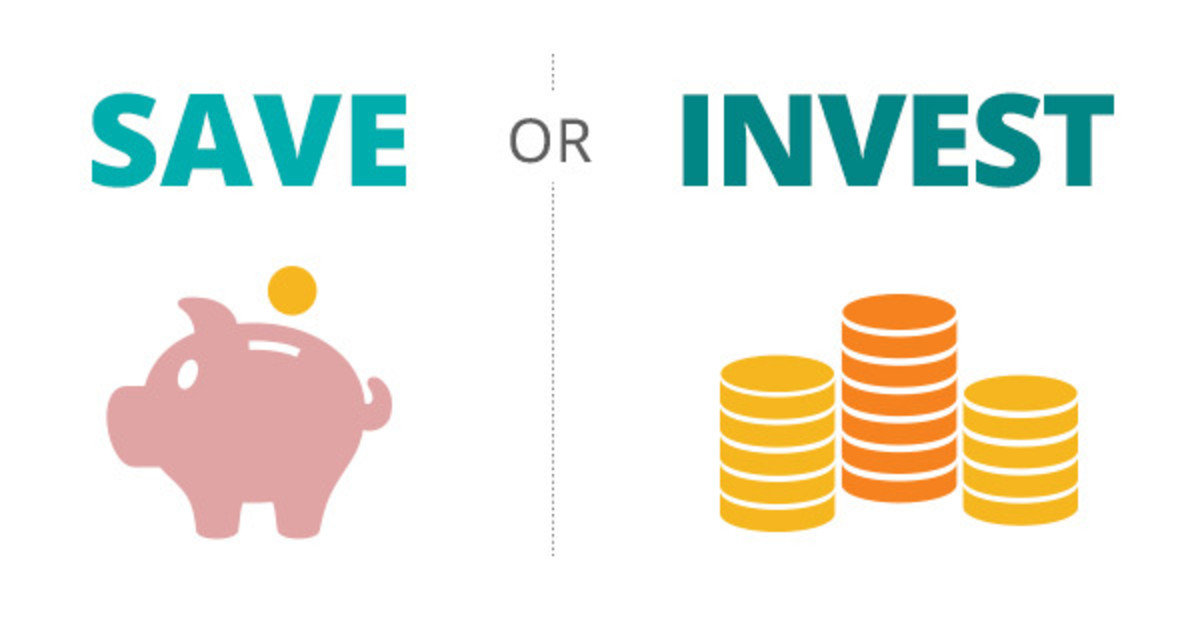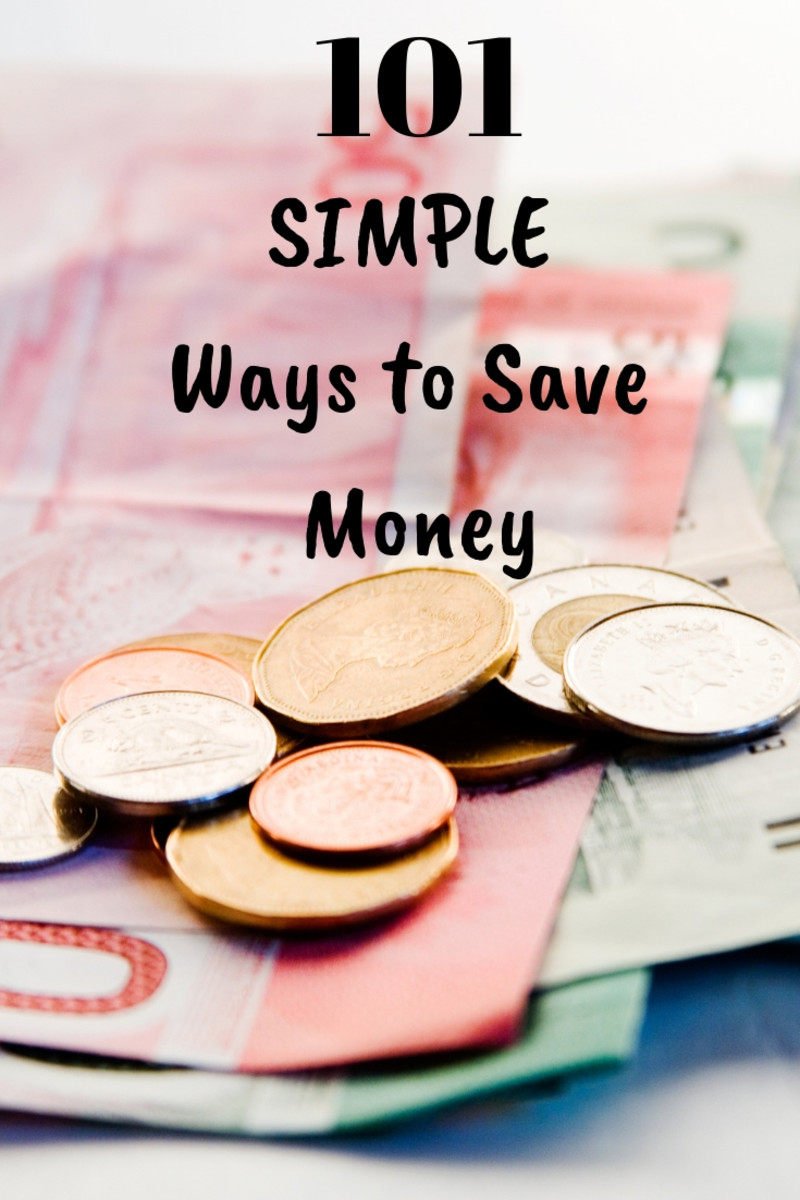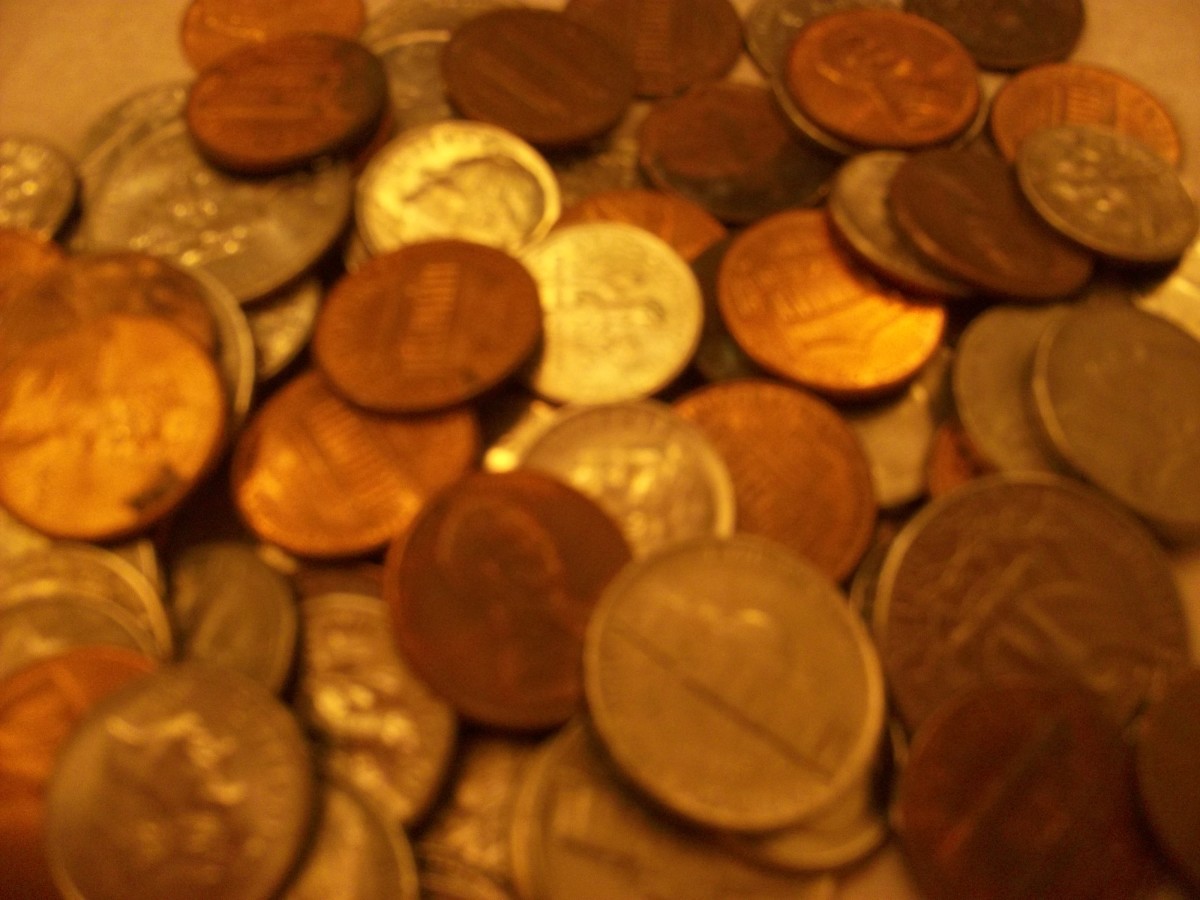How to Save Money in a Recession
Want to Know How to Save Money?
Saving money is suddenly fashionable. After years of living beyond our means and putting it on the plastic suddenly the world is faced with economic recession saving is fashionable.
The reality for most people is quite simple: its easier to not spend money than to earn it. Not spending $20 takes a single decision, earning it may take someone on the minimum wage 2 or 3 hours.
Maybe I am lucky, my mother was always living on next to nothing, as soon as I got a job a rebelled and spent money, all that I earned in fact. That only lasted for a few years though because I never wanted to be tied to job and quickly discovered the quickest way to increase my bank balance was to not spend: so much less effort than over-time or a promotion or a second job.
So now here are some of the saving money tips which are intuitive to me but seem to be new to many people.

Saving Money on Groceries
- The less processed a product is the cheaper it will be. Buy sugar and flour and cocoa, not chocolate cake mix!
- Buy the cheapest version of pasta, long-grained rice, sugar, flour: you will never notice the difference
- Find the cheapest supermarket and stick with it: don't spend a $1 in gas just to save 50c on your shopping trolley
- Don't stick to a rigid menu plan. Buy what's on special: if the lost leader this week is chicken then that's dinner!
- Check quantities versus price: sometimes its cheaper to buy a larger packet, but not always.
- One item that can be worthwhile buying is a second deep freeze. Buying bulky items such as bread and freezing it will save you money. As will buying larger quantities of meat and fruit in season and freezing.
- Avoid the deli section and the confectionery aisle: not only will you save money you will loose weight too!
- If an item you use routinely and will keep (toilet rolls, canned tomatoes, paper towels, shampoo) is on special or has a deal for buying in quantity buy it.
Saving Money Money on the Stuff You Don't Need
I know the first thing people normally mention about saving money is set a budget. Well for me budgets work as well as diets - that is they don't work at all.
I take a different view: I just minimise all ependiture. I think I find it easier to scrutinse ever expenditure:rather than worry I am $5 under or over budget. Some things I have no control over: price of gas comes to mind. But if you consider almost all of most people's expenditures in first world countries are discretionary scrutinising your expenditure can be very,very effective.
So What is Discretionary Expenditure
Make sure you understand what a necessity is and a desire. Necessities are:
- food
- shelter
- transport to get you to your place of employment or study
If you are really faced with a financial crises because of the loss of a job or hours stop spending on:
- clothing - most of us could go a year without a new item;
- hair cuts - trickier must you can probably survive a month or so, or find a cheaper stylist
- skin care - the whole industry of skin care products are a big waste of money. Studies have shown that some of the best items are in your supermarket for maybe 10% of the brand name flogged in up-market stores
- electronics and appliances - unless its broken you don't need to replace. If it is broken see how much it will cost to fix, you may be surprised;
- cell phone plans can you stop your plan, reduce your plan, go pre-paid?
- entertainment - movies, pub nights. Drinking at home and getting out the video is usually a lot cheaper. If you do go to the cinema avoid the snack bar - sneak in your own nibbles or be kind to your waist line and go without.
- reduce the use of your car. Replace a car with a scooter, motorbike or even a bicycle. use public transit or car pool to get to work
Reducing Housing Costs
- if you are renting can you move to a smaller home (check the break costs of your lease and your moving costs - this is more a long-term strategy)
- can you reduce the heating or turn it off to parts of your house you don't use?
- can you insulate your hot water cylinder to decrease hot water costs
- can you take in a boarder or house mate to increase income?
Read More About Managing Money For and During Travel
- Saving Money for a RTW Trip
A RTW trip is a dream to many but the most common lament is "I couldn't possibly afford it". Yet at the end of the tax year how often to look at your net salary and wonder where all that cash went? You can a... - Managing your Travel Money
So you have saved for months and months and are now off on your trip of a life time, or even just the 4 week vacation in Europe that you've been dreaming of. You've saved your money, you've bought your air...
Saving Money on Travel
I love to travel: not travelling is not an option regardless of the budget! Saving money is easy though. Here are some thoughts on how to save money on your next vacation:
- stay closer to home: sometimes this will save you money
- fly to a a nearby developing country: for Australians a holiday in Asia is often cheaper than one in Queensland. For North Americans check out Guatemala or Costa Rica. Europeans consider Tunisia or Turkey.
- don't buy a package: the price of not having to organise your trip is high: hit the Internet, buy a discount ticket and good guide book and go.
- You will pay a lot less and you will probably get to see and experience a whole lot more too travel off season: stay home for Christmas: never travel in the school holidays unless you have to
Do You Have a Budget?
So what are your favourite money saving tips? Have you changed your spending patterns? Are you thinking about it?
This is a HubMob Hub

Lots more Money Saving Tips
- Lifehacker Australia, tech tips to help you at work and play
- The Dollar Stretcher
Money Saving Articles to Stretch Your Budget, Living Better for Less, Simple Living, Frugal Living. - Cheapskates in Australia
- America Saves







![These Companies Will Send You Free Stickers [#05] These Companies Will Send You Free Stickers [#05]](https://images.saymedia-content.com/.image/t_share/MTczODA2NTA0NDkzOTgzMzcx/stickers-free.png)
